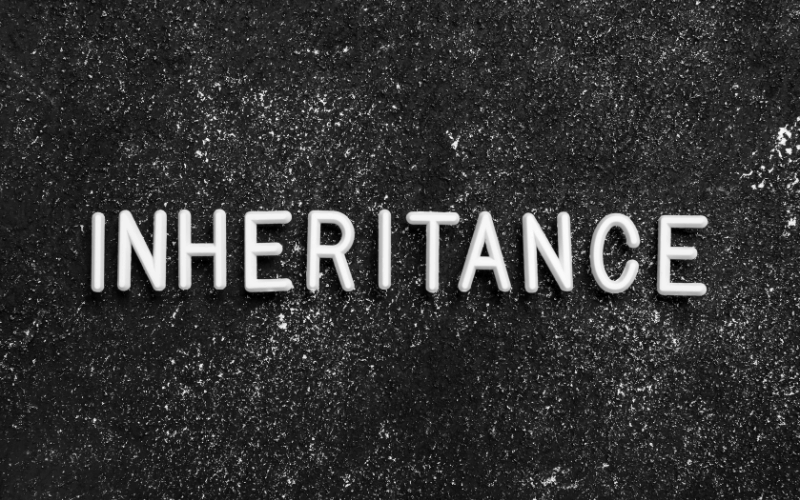Cause 2: Autosomal Recessive Inheritance – A Family Affair

The transmission of Wilson’s disease is a game of genetic roulette, following an autosomal recessive inheritance pattern. This means that for a person to be affected, they must inherit one defective copy of the ATP7B gene from each parent. It’s like needing a key from both mom and dad to unlock a door, and in this case, the door leads to Wilson’s disease.
Diving into the family tree, it becomes evident that carriers of the disease play a crucial role. Carriers have one normal and one defective gene, but they don’t show symptoms themselves. However, they can pass the defective gene to their children. When two carriers have a child, there’s a 25% chance that the child will inherit both defective genes and develop Wilson’s disease.
The intricacies of this inheritance pattern underscore the importance of genetic counseling and testing, particularly for families with a known history of Wilson’s disease. It’s like having a map in hand when navigating through murky waters, providing clarity and direction for those at risk.
This genetic transmission has profound implications for family planning and disease management. It turns the spotlight on siblings of affected individuals, as they have a higher risk of being carriers or affected themselves. Vigilance and proactive testing become paramount, ensuring that the cloak of Wilson’s disease is lifted, and timely intervention can take place.
In wrapping up, autosomal recessive inheritance is a critical piece of the Wilson’s disease puzzle. It requires a collective family effort to understand, manage, and navigate. Through awareness, education, and genetic counseling, families can arm themselves with the knowledge needed to face Wilson’s disease head-on and make informed decisions for future generations. (2)